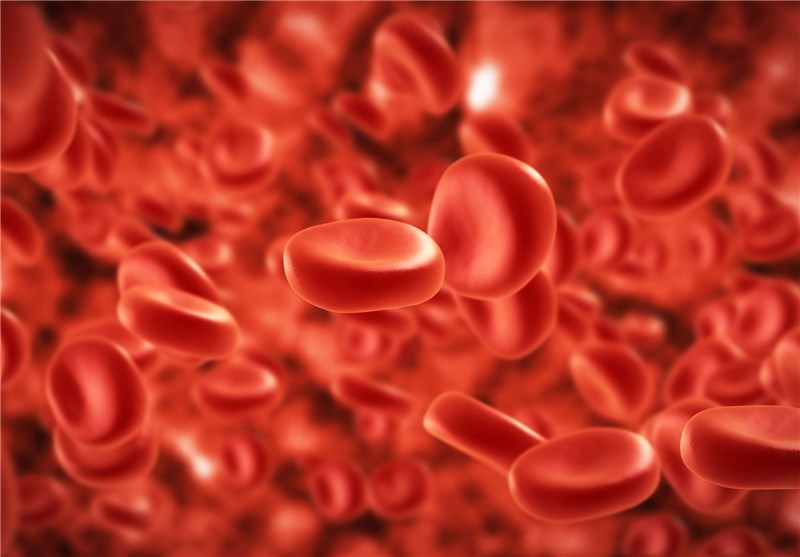Eating lots of sugary candy may strain the liver, alter the body's fatty acid metabolism and increase the risk of cardiometabolic diseases already in childhood.
Axar.az reports that Family-based lifestyle interventions can have an impact on children's blood fatty acid composition, according to a new study from the University of Eastern Finland.
The plasma fatty acid composition reflects not only the quality of dietary fat but also the quality of dietary carbohydrate in children's diets. For example, the relative proportion of oleic acid was higher in children who consumed a lot of sugar and lower in children who consumed plenty of whole grain products. The findings are in line with the known phenomenon in human body. Excessive intake of sugar stimulates the body's endogenous synthesis of fatty acids, which can be detected in the plasma fatty acid composition.
Lifestyle interventions recommending a higher consumption of foods containing plenty of unsaturated fat can have an impact on the quality of dietary fat in children's diets. A frequent consumption of vegetable oil-based margarines containing at least 60 per cent fat was associated with higher proportions of the essential polyunsaturated fatty acids, linoleic acids and alpha-linolenic acids in plasma. In addition, children who frequently used vegetable oil-based margarines had less saturated and monounsaturated fatty acids in their blood, which has been shown to be beneficial for health. The study associated a high proportion of saturated and monounsaturated fatty acids, and a low proportion of polyunsaturated fatty acids in blood with an increased risk of cardiometabolic diseases already in childhood.
Furthermore, a frequent consumption of sugary candy was associated with a higher estimated activity of the delta-9-desaturase in liver. The delta-9-desaturase is an enzyme that helps the liver form monounsaturated fatty acids from saturated ones. While it prevents saturated fatty acids from accumulating in the liver, it also promotes the excretion of fatty acids from the liver into the blood stream. Earlier research has associated a high intake of carbohydrates with a higher estimated activity of this enzyme in adults, but the phenomenon hasn't been studied in children until now. Moreover, the association between a higher estimated enzyme activity with an increased risk of cardiovascular diseases hasn't been established in children until now. An elevated enzyme activity suggests that the liver is forming saturated fatty acids from sugars at a higher pace, which is harmful to lipid metabolism and overall health.
The study was conducted at the University of Eastern Finland as part of the Physical Activity and Nutrition in Children (PANIC) study involving 512 children, 6-8 years old, who started in their first year of school in 2007-2009 in eastern Finland, and their families.
The children and their families received nutrition and exercise counseling over a period of two years. The PANIC study is an ongoing exercise and diet intervention study extensively focusing on the lifestyle habits, health, and well-being of children. The consumption of foods was assessed by 4-day food records and the fatty acid composition in plasma was assessed by gas chromatography from a fasting blood sample.









.jpg)











































